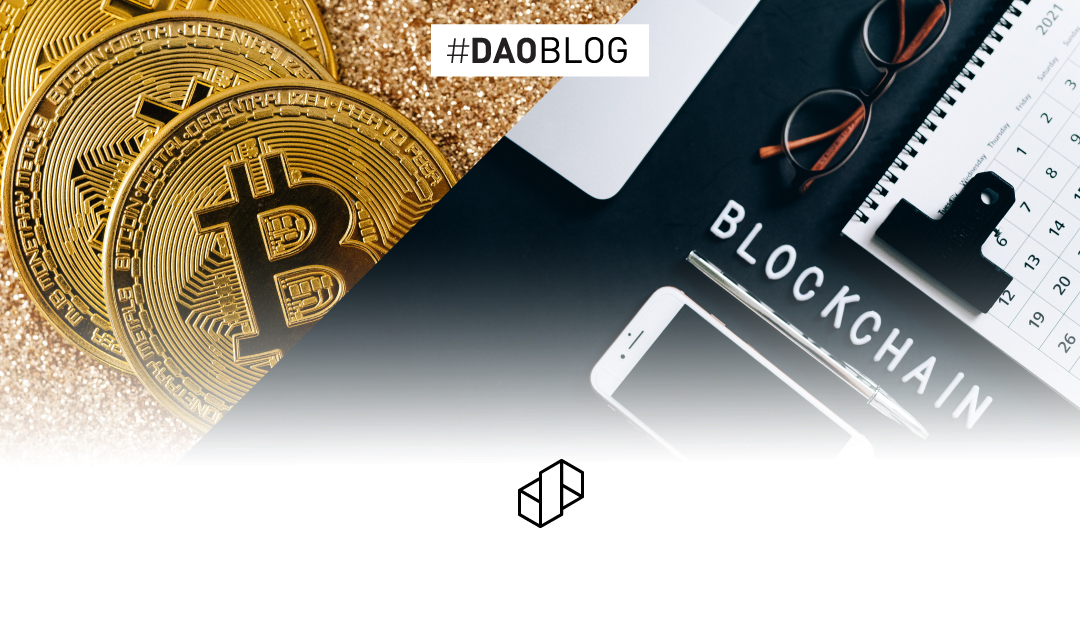- We know, for example, blockchain is used for supply chains in the food industry. What are the pros and cons of its use?
Blockchain technology is still relatively new, and using blockchain to track the physical movement of goods is a breakthrough when it comes to sharing statuses with multiple stakeholders. Not just in the supply chain industry, but overall, blockchain has the true potential to ensure transparency and traceability (or accountability), reduce administrative costs, record time-stamped information, improve authenticity, build trust, and much more. Amongst the cons, human error or intentional delinquency probably ranks at the top. In short, blockchain doesn’t put a stop to misinformation but makes it easier to detect at what point a fraudulent claim was made.
Whenever any information changes hand, a transaction takes place or any information is stored, blockchain is undoubtedly the technology at hand to record the change, eliminating middlemen.
- Companies like Walmart, Pfizer, and Unilever now use blockchains without cryptocurrencies. Will more companies follow suit?
Yes, it is an immutable and shared record of transactions that are maintained by a network rather than any central authority. The potential uses for blockchains are far-reaching! Blockchain is prime for all companies where centralized data for record-keeping is being monetized, from health to real estate, from technology to patents, and from legal to supply chain.
In organizations worldwide, data silos restrict the free flow of information across areas of business, hindering the potential to secure rich analytical insights, and use data to collaborate and make informed decisions. Seemingly painting an ugly picture, data silos are a growing threat, and blockchain technology is providing the modern-world answer! Companies following suit is an understatement as blockchain continues to transform industries.
- What are the industries set to benefit the most from blockchains?
In a report by McKinsey and Company in 2021, it was highlighted that over 2/3rd of the world’s (declared) wealth is parked in real estate. The PropTech space is heating up with terms like use-case, shared economy, distributed ledgers, and data-driven decision-making becoming the new norm. With PropTech in Web3.0 giving birth to a whole new fractionalization and tokenization real estate ecosystem, it is THE industry set to benefit the most from the blockchain. Real estate is real, it cannot be lost or stolen, nor can it be carried away. Even without involving cryptocurrencies, blockchain is making real estate transactions transparent, faster, automated, and accessible by a league of people never thought possible before.
- What other use cases for blockchain technology without cryptocurrencies are out there?
Cryptos represent the dawn of a new era where all value is represented in distributed ledgers; a step in the right direction – the next stage in the ever-evolutionary process of democratization of value creation and transfers system. Any industry holding or using data is primed for blockchain disruption. Real estate, land records, healthcare, voting, identity records, supply chain management, wills, trusts and whatnot. Blockchains are set to have a wider impact than just on the financial industry.
To read more blogs, visit our blogs page here.

Yahya Chaudury
Head of Marketing


 Book a Meeting
Book a Meeting